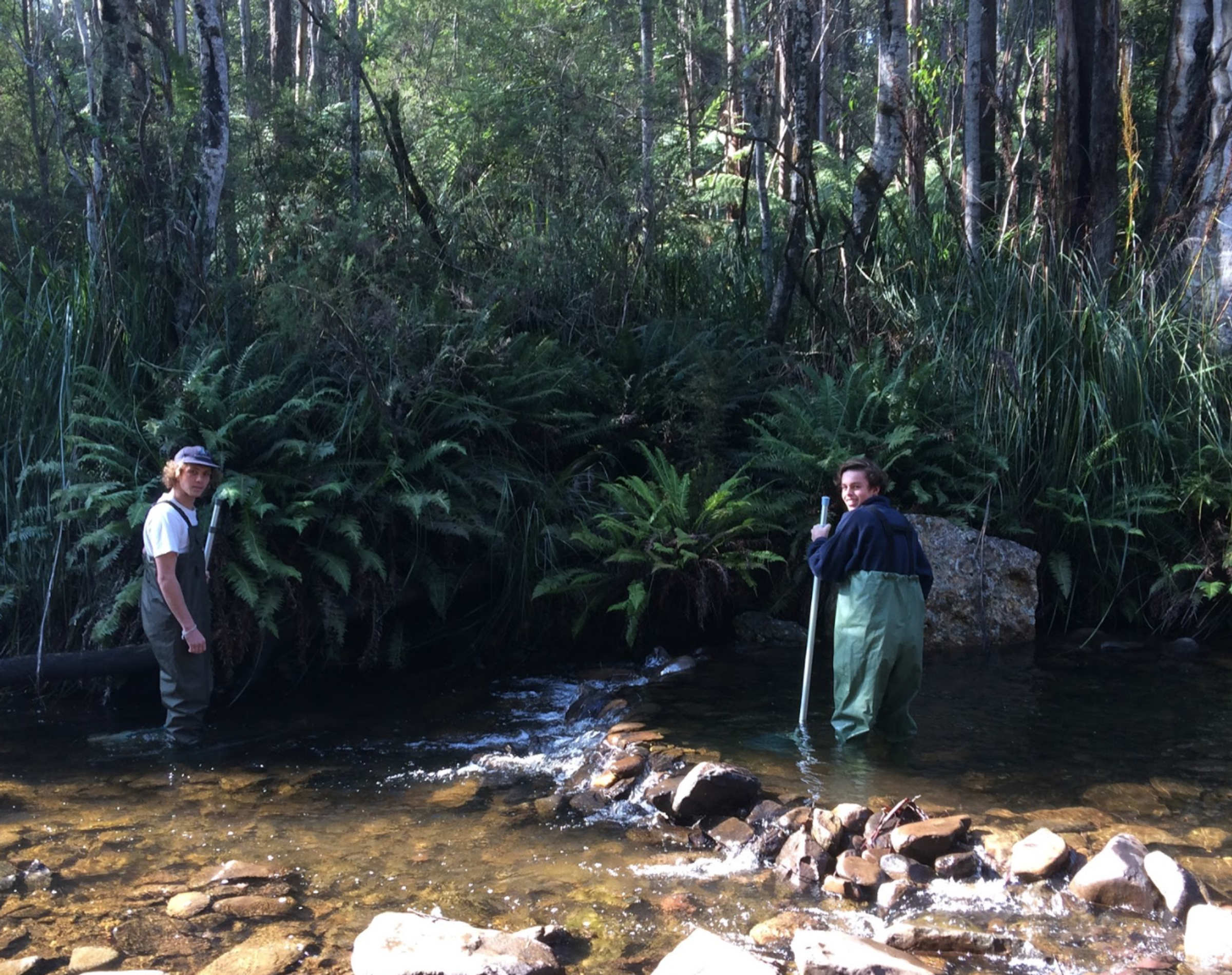TCE Environmental Science Level 3

TCE Environmental Science Level 3
| 🎓Course Type | Pre-tertiary |
|---|---|
| TASC Code | EES315118 |
| TCE Points | 15 |
| ⏱Hours | 150 |
| ✔️Standard | N/A |
| 📚Prerequisites | To undertake this subject, a student should have attained satisfactory to good levels of literacy and numeracy in previous subjects. In particular, they should have attained a satisfactory or better award in Physical Science and Biological Science in Year 10. |
📎Desirable prior experiences | As above |
| 📝Assessment | Internal - ongoing against criteria Internal - research based case study External - 3 hour examination |
What will I learn?
In studying Environmental Science, students will develop their investigative, analytical and communication skills. Students apply these skills to their understanding of ecology and environmental issues in order to engage in public debate, solve problems and make evidence-based decisions about contemporary environmental issues in society.It is designed for students who have an interest in science and its applications in environmental management and conservation.
Students study a variety of local ecosystems and explore how humans impact on their environment, using a variety of study techniques including field work, investigations and project work. Current environmental issues are explored in a balanced and scientific manner. Students are introduced to a range of strategies for solving environmental problems, hopefully leading them to a sense of optimism for the future.
Why should I consider this course?
In studying Environmental Science, students develop their investigative, analytical and communication skills. Students apply these skills to their understanding of ecology and environmental issues in order to engage in public debate, solve problems and make evidence-based decisions about contemporary environmental issues in society.
What Skills does this course provide?
Environmental Science aims to develop learners':
- interest in ecology and environmental science and their perspective on the interrelationship between the natural world and human society
- ability to make informed, evidence-based personal responses to contemporary and future environmental issue
- understanding that ecological and environmental science knowledge is used in a variety of contexts, and how its use influences, and is influenced by: ethical, political, cultural, social, economic aesthetic, educational, and scientific considerations
- ability to conduct a variety of research, field and laboratory investigations involving collection and analysis of qualitative and quantitative data, and to interpret evidence
- ability to critically evaluate environmental science concepts, interpretations, claims and conclusions with reference to evidence
- ability to communicate environmental understanding, findings, arguments and conclusions using appropriate representations, modes and genres
What Pathway Options does this course provide?
Environmental Science is an excellent general education subject and is a very useful preparation for a career in science, forestry, environmental management, teaching, tourism, parks & wildlife, journalism, the media, economics or law.
